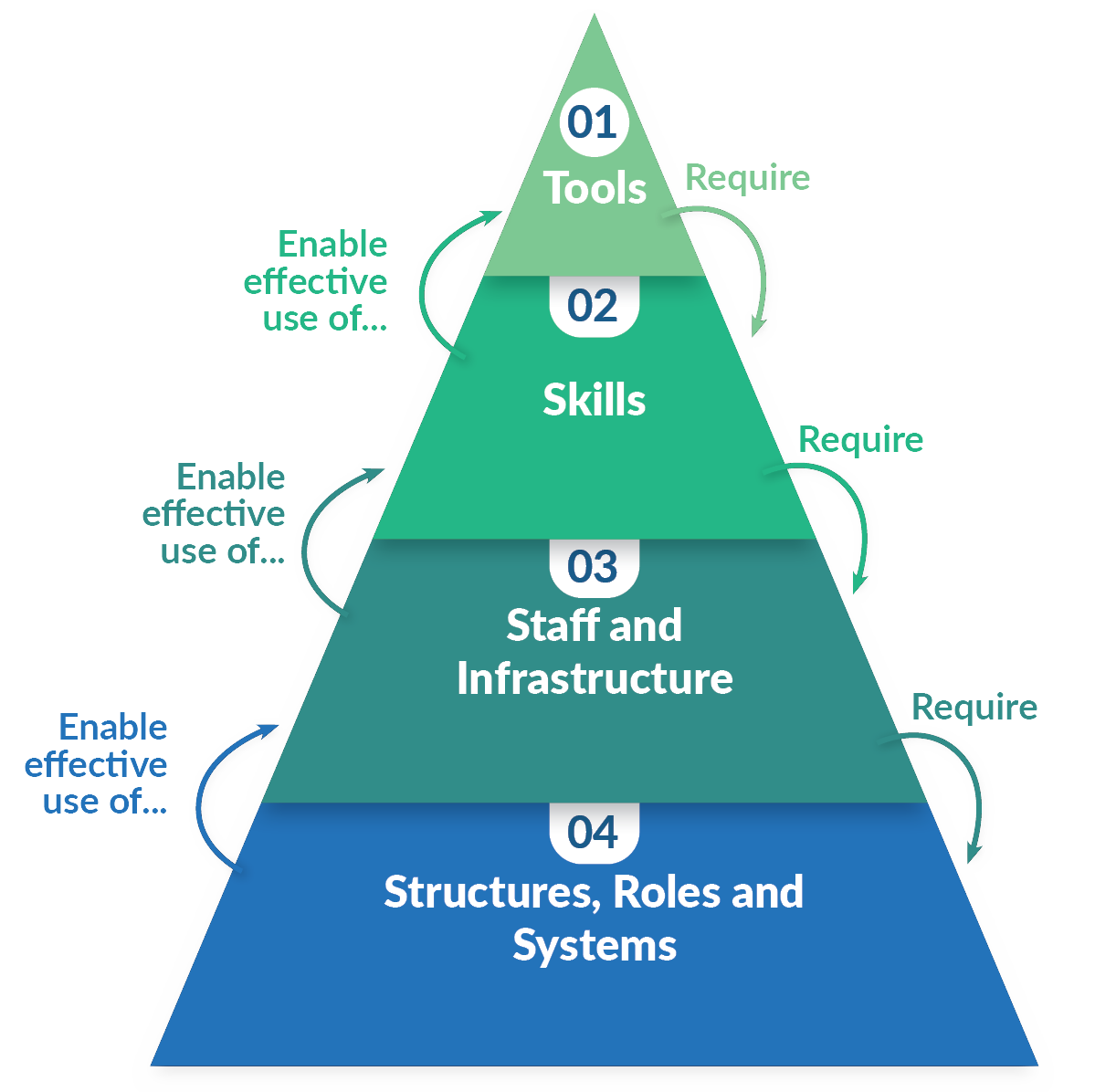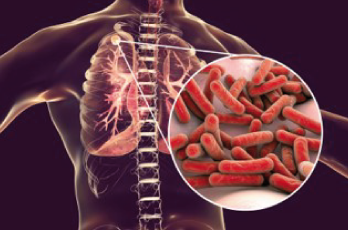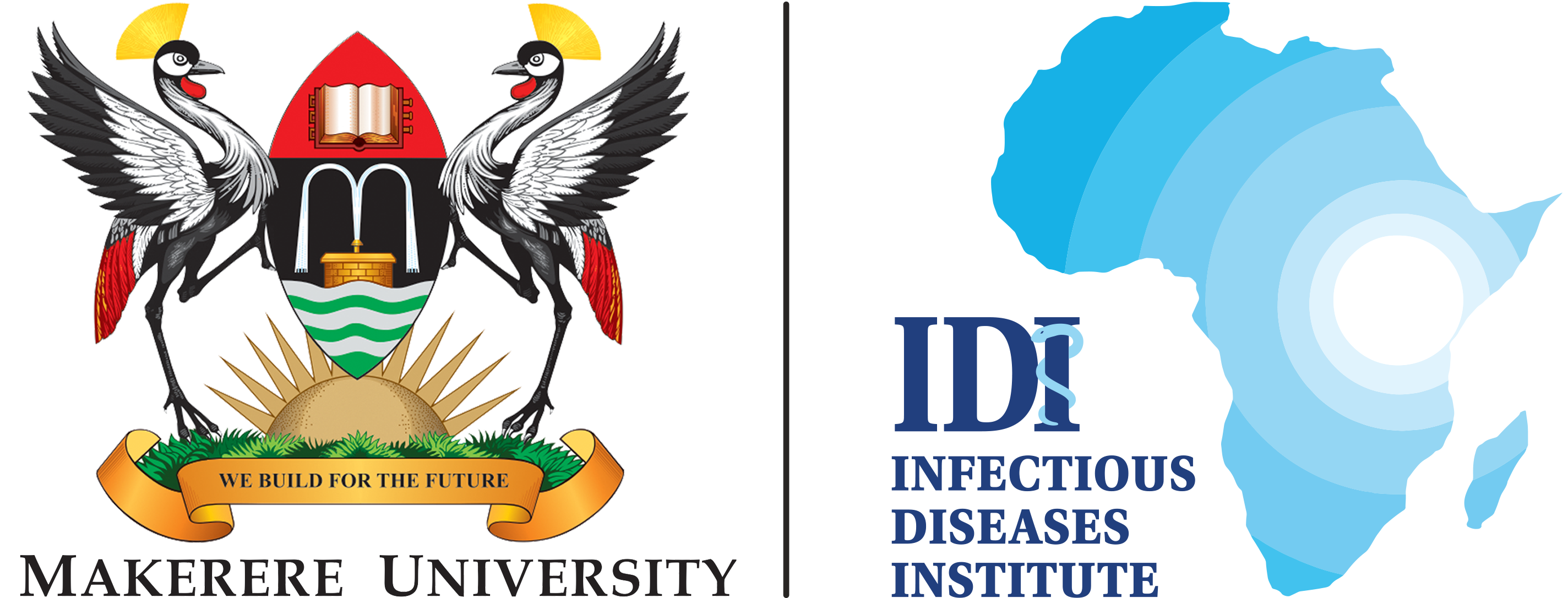- Associated Links
-
-
Our united network of partners and institutions share a vision for excellence, innovation, and impact. Together, we harness our combined strengths to create meaningful change.
-
-
-
- Careers
-
-
Our people are our greatest asset. We foster a thriving environment where everyone can flourish and make a difference. Join us in driving innovation and positive change through fulfilling career opportunities.
-
-
What Makes IDI Different?

Capacity Building Model Like No Other
Invest in the future of healthcare with IDI’s training. Our programmes are meticulously designed to address the real-world needs of frontline workers and align with national and WHO guidelines. Seasoned trainers deliver high-quality training via user-friendly methods, both online and in-person. But IDI goes beyond the classroom. Our ATIC system and e-learning platform provide ongoing support, including updates, newsletters, case studies, and open-access courses. Earn valuable Continuing Professional Development points while honing your skills through our accredited programmes. And, with the introduction of VR technology, IDI offers unparalleled practical refreshers directly at your workplace. Choose IDI – for continuous learning and a future-proofed career.

Caption for illustration: The Training Programme team, consisting of 15 experienced professionals from diverse fields, conducts training needs assessments to identify gaps in HIV and other infectious diseases care, and health systems. They design training content in line with the Capacity Building Pyramid developed by Richard Brough et al., and conduct trainings as well as post-training mentorship. The courses are designed to equip health workers with skills relevant to their current or desired roles, avoiding duplication and aligning with existing frameworks. This approach ensures students can seamlessly integrate back into their teams using existing infrastructure.
Unrivalled Real-life Case Studies
A dream for many trainees
Our case studies provide real-life examples of patient care and treatment in resource-limited settings. They contain original patient case studies from Uganda’s clinics, covering common complicated conditions investigated and treated with specialist support. The case studies offer comprehensive, up-to-date information on treatment, prevention, and policy, making them a valuable resource for trainees. They highlight the practical application of good clinical practices in challenging environments and demonstrate the feasibility of integrated service delivery models for conditions like HIV, hypertension, and diabetes. These case studies offer unique insights and establish evidence-based practices for healthcare in resource-limited settings. Discover More.

HIV Care
The HIV clinical case studies contain original patient case studies describing clinical observations related to HIV care and treatment in resource-limited settings. They provide comprehensive, up-to-date information on HIV/AIDS treatment, prevention, and policy. Learn More

TB Management
The cases are based on real-life experiences of TB clients at the IDI clinic. They are designed to provide skills in problem-solving to successfully manage an active TB case as well as latent TB infections. They provide guidance and the necessary reference material to gain experience in TB case management.

Malaria
These cases are designed to capture patient history, symptoms, and the physical findings at examination. However, for a definitive diagnosis to be made, laboratory tests must demonstrate the malaria parasites or their components. These case studies present the management of uncomplicated and complicated malaria.

Antimicrobial Stewardship
The adverse effects of antibiotic overuse and misuse have community-wide implications that go beyond the patient and outside of the facility. The primary goal of an Antimicrobial Stewardship Program (ASP) – or Antibiotic Management Program – is to raise awareness among healthcare workers about the escalating problem of antimicrobial resistance in healthcare and community settings. The learning resources and activities under this section are aimed at training and sensitizing health workers on ASP and include optimal dosage protocols, prescription guidelines, relevant reports, and real-life and hypothetical case studies.

Non-Communicable Diseases
Non-communicable diseases (NCDs) like cardiovascular diseases, diabetes, cancer, and chronic respiratory diseases are major global health concerns. Lifestyle factors such as tobacco use, unhealthy diet, physical inactivity, and alcohol consumption contribute to these diseases. NCDs are a leading cause of death worldwide, straining healthcare systems. Training healthcare workers in NCD prevention and control is vital to address the rising prevalence of these conditions, enabling early detection, management, and intervention for better health outcomes.

Neglected Tropical Diseases
Neglected Tropical Diseases (NTDs) are infectious diseases affecting tropical regions, causing skin changes with significant social impacts. Training healthcare workers to recognize and manage NTDs is crucial for early intervention. By equipping them with skills to identify NTDs through visible skin changes, prompt action can be taken, reducing the disease burden. This training ensures proper care, support, and referrals for affected individuals, leading to improved health outcomes and quality of life.

Biosecurity and Biosafety
Biosecurity and biosafety in healthcare are vital for preventing infectious disease spread and ensuring worker and patient safety. Biosecurity guards against the intentional misuse of biological agents, while biosafety prevents accidental exposure. Training healthcare workers equips them to handle hazardous materials safely, follow protocols, and respond to accidents effectively. This comprehensive training minimizes risks, prevents infections, and enhances safety in high-containment units and labs, improving overall healthcare practices.

Outbreak Preparedness
Outbreak preparedness training is critical for healthcare workers to effectively manage disasters. Studies highlight that such training boosts workers’ readiness to respond during emergencies. Understanding one’s role, recognizing the importance of one’s role, and lacking personal disaster readiness are factors that drive the need for enhanced training. Identifying these factors can help tailor training programs to better equip hospital staff for future outbreaks, bolstering healthcare systems’ response and resilience in crises.

Systems Strengthening
Systems strengthening in healthcare is key for enhancing efficiency, care quality, and patient outcomes. Training healthcare workers in this area equips them with the skills to navigate complex systems, identify improvements, and implement changes effectively. Investing in such training optimizes workflows, improves communication, streamlines processes, and enhances care coordination. This not only benefits individual professionals but also boosts the resilience and success of healthcare systems through continuous improvement and innovation.

Data Science
Data science is crucial in healthcare, using data for insights that improve patient care and operational efficiency. Training healthcare staff in data science is crucial for analyzing complex datasets, spotting trends, and making evidence-based decisions. With tools like Python and machine learning, professionals can predict outcomes and enhance healthcare delivery. This training enables them to innovate, optimize processes, and elevate patient care through data-driven decision-making.
Stunning Classroom Experience
Perfect backdrop for intellectual pursuits
Recognizing the growing demand for healthcare training, Makerere University’s IDI-McKinnell Knowledge Centre building offers a dedicated space for knowledge acquisition. This state-of-the-art facility boasts five expansive training rooms, each comfortably accommodating up to 40 participants. Designed with both instruction and active learning in mind, the rooms provide a conducive environment for both trainees and visiting faculty.
Advanced technological integration further enhances the learning experience. Each room is equipped with smart TVs, high-speed internet, and a captivating display system featuring an 80-inch main screen, flanked by two 46-inch screens. Additionally, an interactive whiteboard fosters a collaborative environment, allowing instructors to seamlessly incorporate multimedia presentations and real-time engagement into their training sessions.
Cutting-edge Technology
Leveraging technology for learning
Understanding the challenges of busy healthcare professionals, IDI champions flexible learning through its robust eLearning platforms. This empowers healthcare workers to acquire vital knowledge and hone their skills without sacrificing valuable time away from their patients.
IDI boasts extensive expertise in delivering impactful distance learning programs across diverse settings, even those with limited technological resources. This is achieved through the Learning Innovations Centre (LIC), a dedicated team focused on developing and implementing innovative capacity-building solutions. The LIC strategically leverages readily available mobile and online technologies, ensuring accessibility for all learners through:

Virtual Learning Environment
The virtual learning environment at IDI, accredited by the Ministry of Health, offers online capacity building for health workers, allowing them to earn Continuing Professional Development credits. It includes real-life case studies on HIV/AIDS, TB, and other diseases, enhancing health worker knowledge and skills. The platform is regularly updated with quality e-learning materials like short courses and treatment guidelines. An interactive chatroom connects users with IDI’s experts for discussions on patient management issues. Accessible on mobile phones, the platform has over 8000 registered health workers from 188 countries, providing open access to educational resources

Advanced Treatment Information Centre
Working alongside IDI’s Information Service department, the training program integrates technology to enhance learning outcomes. Support is provided through the Advanced Treatment Information Centre (ATIC), offering health workers current treatment information for HIV/AIDS, malaria, and infectious diseases. ATIC’s experts assist with prescribing, therapy switching, and managing drug interactions via call-in, SMS, and a webpage. They produce widely distributed drug charts and newsletters. Collaborating with health experts, they reach patients in resource-limited areas. The call centre has conducted 20,000 consultations and
distributed 1,200 newsletters to health facilities nationwide. For inquiries, contact toll-free 0800200055 or email queries@atic.idi.co.ug.

Video Conferencing
IDI utilizes virtual learning tools like web conferencing and video streaming to engage health workers in real-time ART switch meetings and case conferences. This innovation allows remote participation and interaction with experts. Recorded sessions are shared for convenience when live participation isn’t feasible. Health workers can seek clarification through the toll-free call centre or email for inquiries.

Distance Learning
IDI’s distance learning program, launched in 2009, is managed by the Learning Innovations Centre. It offers digital learning solutions tailored for resource-constrained settings, collaborating with the Uganda Ministry of Health and Makerere University. The program has grown significantly and includes quiz questions to measure knowledge retention and SMS reminders for health workers in IDI-supported districts. Universities in Uganda and globally provide distance education options.
LISTINGS
For more information on IDI’s Laboratory Services Programme contact,
Bosco Kafufu, Lab Administrative Director Email: labs@idi.co.ug Telephone: +256 312 307 000

